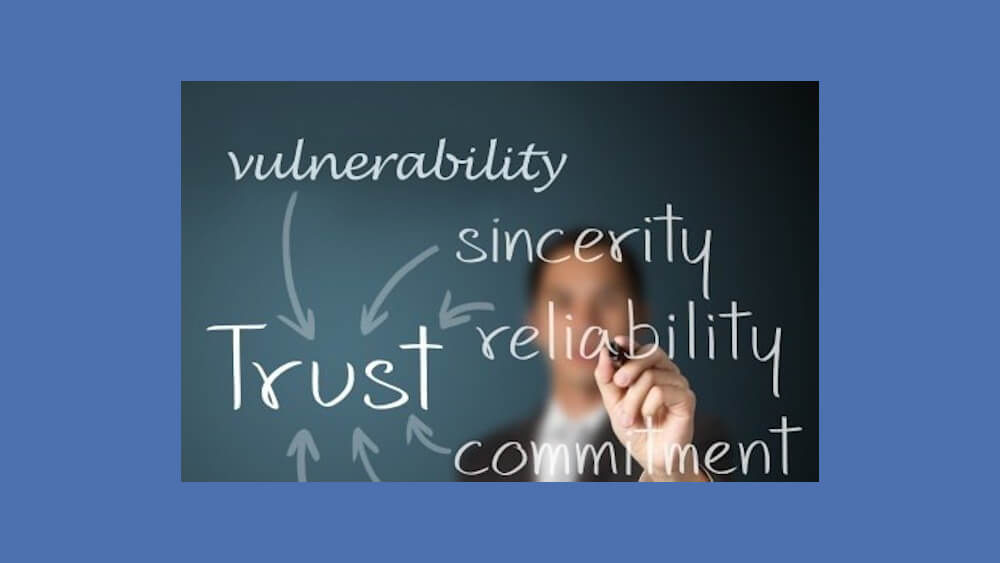
Teaming
The basic units behind company performance are teams. And teams are increasingly more cross-functional, more fluid and more networked than they were in the past. People need to be able to team and network quickly and effectively and this means building trust. You build a high-performing team by creating trust and using that as the basis for building accountability and commitment.
Three key practices can help.
1 trust and collaborate

When trust and collaboration are working, team members will:
- express their own ideas and listen to others during team meetings
- find opportunities to explore the goals, challenges and successes of other teams
- find opportunities to share team goals, challenges and successes with other teams
- know how to get the information they need from the people who have it
- be open about what happened if things go wrong
- recognise and use one another’s strengths and experience
Trust relies on vulnerability – where there is no trust, people find it difficult to confess development needs, are defensive when they receive critical feedback. This works both ways – in a low-trust management culture people are simply less likely to ask for or give challenging feedback. By not giving honest feedback, we hurt the individual and the rest of the team.
2 challenge and care
Trust is a prerequisite for addressing the second theme: candour. Only team members who trust one another are going to feel comfortable saying what they really think about things. If there is no trust, they will hide their feelings.
The biggest challenge of building a team in which people hold one another accountable is getting people to give one another honest feedback.
When care and challenge are working, team members will:
- confront each other about problems in their areas of responsibility
- be excited about what the team is trying to achieve
- say what they think, even when it is unpopular
- hold each other to high standards and challenge themselves and others to maintain them
- offer spontaneous feedback to one another

3 commit and deliver

The only reason for having a great team is to get great results. Trust and collaboration create an environment where people push each other to deliver and know that they will be held accountable for results, not only by the boss but by other team members.
When commitment and delivery are working, team members will:
- have clear performance targets
- celebrate their achievements
- execute group decisions, even when they have doubts about the decision
- hold each other mutually accountable for performance
- leave meetings committed to the decisions and actions agreed
- leave team meetings clear about decisions and action plans
- take collective responsibility for reaching targets
- take personal responsibility to improve the team’s performance when goals are not met
